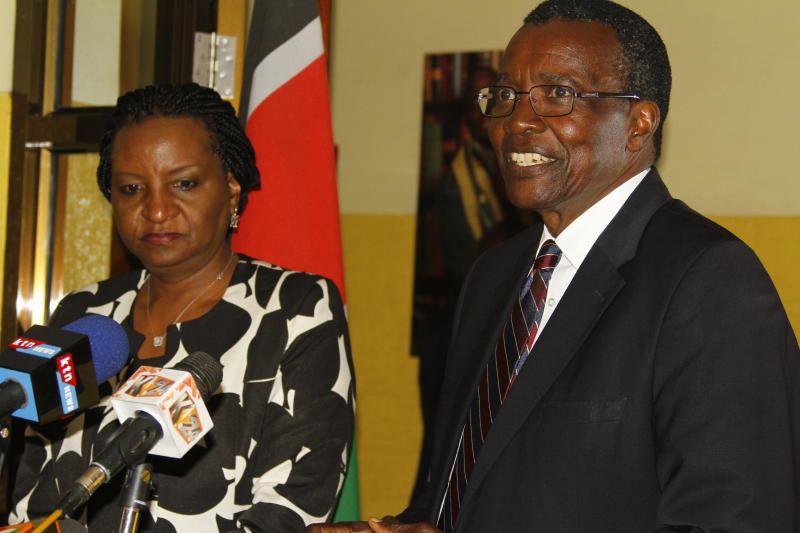×
The Standard e-Paper
Fearless, Trusted News

Chief Registrar Anne Amadi is among the hordes of senior Judiciary staffers who have recorded statements over a medical insurance scam shaping up at the institution.
The Ethics and Anti-Corruption Commission (EACC) is investigating over 30 top Judiciary officers over a Sh800 million staff medical cover scandal that is said to have happened under her watch.